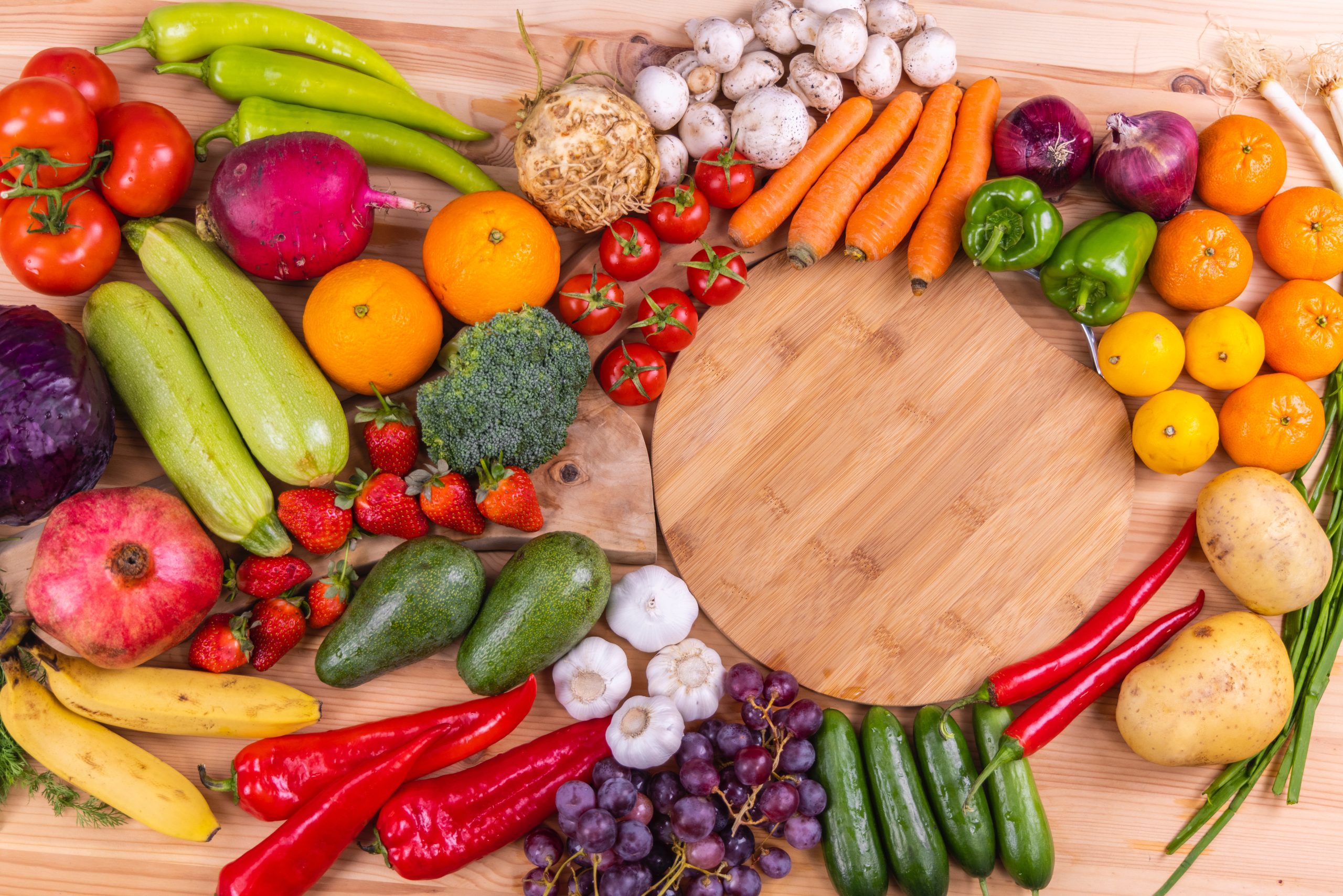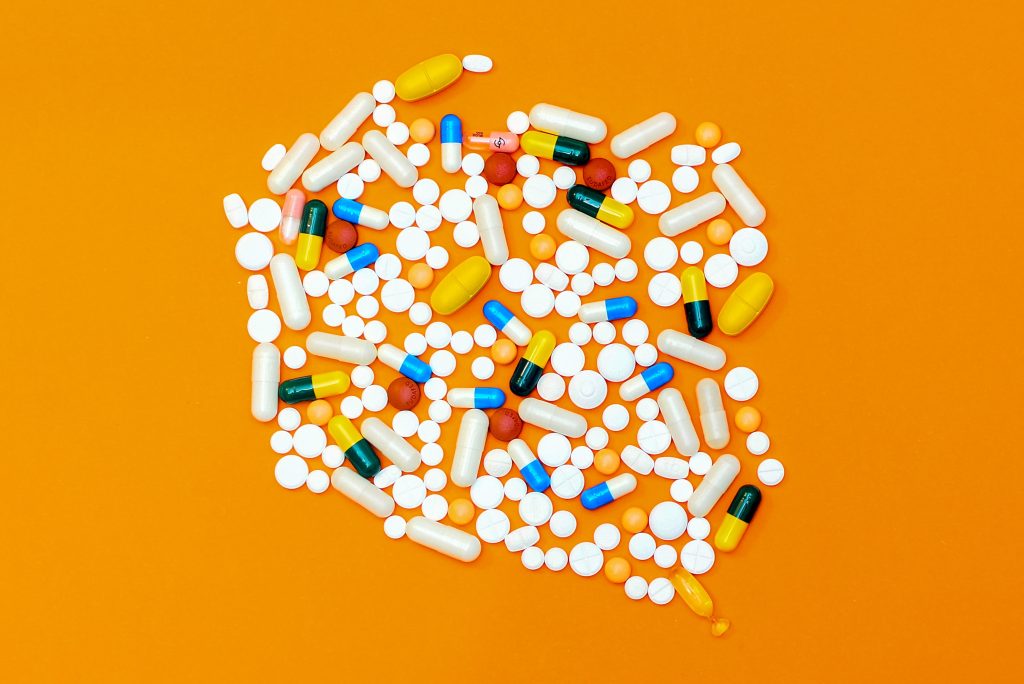Physical Address
304 North Cardinal St.
Dorchester Center, MA 02124
Physical Address
304 North Cardinal St.
Dorchester Center, MA 02124

Vitamin B12 is an indispensable nutrient that serves as an important role in a variety of vital bodily processes. It can only be produced by microbes and must be consumed either through food or dietary supplements in order to be effective. We details for vegans and vegetarians the steps they can take to mitigate the risk of developing a vitamin B12 deficiency.
The group of chemicals known as cobalamins is referred to as “vitamin B12,” which is an umbrella word for the group. Methylcobalamin and 5′-deoxyadenosylcobalamin are two kinds of vitamin B12 which is bioactive , which means that they serves as the coenzymes in the body. The other cobalamins are inactive. The same is true for cyanocobalamin that has been manufactured artificially, as this form of vitamin B12 is what the vast majority of vitamin B12 supplements contain. However, metabolic or genetic abnormalities, as well as a deficiency in nutrients, might interfere with the conversion process and make it less effective. Microorganisms like bacteria are the only organisms capable of producing cobalamins.
The two coenzyme forms of vitamin B12 are necessary components of two endogenous enzymes. They are present in all cells and take part in a wide variety of metabolic activities. These endogenous enzymes are responsible for the production of energy in the body. Both the replication of DNA in cells and the synthesis of new proteins require the presence of vitamin B12, which plays a key part in both processes. Additionally, it has an effect on the state of health of the neurological system as a whole, as well as the creation of energy by the cells and the manufacture of the red blood cell protein haemoglobin.

The absence of cobalamin causes disruptions in the normal process of cell division in the whole body. This has a significant impact on the development of red blood cells, but it also has repercussions for the oral and pharyngeal mucosa, in addition to the nervous system. One of the most common signs of a lack of vitamin B12 is a form of anemia known as macrocytic anemia, which results in the red blood cells becoming abnormally enlarged (megaloblastic anaemia). Other symptoms include a loss of oral, tongue, and intestinal mucosa. A deficiency in vitamin B12 leads to increased blood concentrations of homocysteine, which is a risk factor for the development of atherosclerosis and other cardiovascular diseases. Vitamin B12 deficiency also causes anemia, which is a condition in which the body does not produce enough red blood cells.
The second group of symptoms that arise from a lack of cobalamin are an even more dangerous sign of the condition. Harm to the central nervous system, which can describe itself as sensory disorders, appetite loss and diminishing motor abilities, are some of these conditions. Vitamin B12 insufficiency can manifest itself in a variety of ways, including mental disturbances such as psychosis and hallucinations, as well as disorientation or memory issues.
Animal-derived foods are subjected to gastric acid in the stomach, which makes it easier to release vitamin B12 from the proteins to which it is attached. The absorption of vitamin B12 takes place in the lower small intestine, where it is coupled to a specific transport molecule, the so-called “gastric intrinsic factor.” A glycoprotein known as the “gastric intrinsic factor” carries vitamin B12 to specific receptors in the intestinal mucosa, where it eventually enters the mucosal cells. However, there are only a finite number of gastric intrinsic factor receptors. A dose of 1 microgram of vitamin B12 taken orally is absorbed around 56% of the time, but when the intrinsic factor’s capability is exceeded, absorption falls off substantially. Cobalamin can be absorbed in amounts of 1.5 to 2 micrograms every meal, according to estimates. The receptors can only absorb additional vitamin B12 after a few hours have passed.
At least 200 micrograms of vitamin B12 must be consumed orally in order for 1-2 percent of the dose to enter the bloodstream through passive diffusion through the intestinal wall. If the dose is high enough, partial swallowing while consuming through the oral mucosa results in absorption through the intestinal wall as well.
Vitamin B12 can be obtained in sufficient amounts through a vegetarian diet. However, vegetarian participants in various research only took in an average of 1.7–2.5 micrograms of vitamin B12 per day, which is slightly less than the advised quantity. The recommended daily intake of vitamin B12 for vegans is zero micrograms if no dietary supplements are consumed, or if insufficient amounts of foods supplemented with vitamin B12 are consumed. As a result, numerous studies have shown that vegans don’t get enough vitamin B12.
In order to achieve a sufficient intake of vitamin B12 while following a vegan or vegetarian diet, fortified foods and dietary supplements like vitamin B12 toothpaste, drops, or pills should be used. In order to make sure that their children obtain an adequate supply of vitamin B12, pregnant and nursing women should pay special attention to taking an acceptable amount of the vitamin.
Since vitamin B12 can degrade in the presence of vitamin C and copper, using multivitamins is not advised. However, standalone vitamin B12 pills have the potential to be very powerful. Studies reveal no discernible difference between vitamin B12 intake via sublingual or oral routes. There are roughly 1.5 micrograms, 3.5 micrograms, and 11.5 micrograms of absorption for dosages of 50 micrograms, 200 micrograms, and 1000 micrograms, respectively (see section on vitamin B12 intake).

Use of toothpaste supplemented with vitamin B12 is one method of efficient vitamin B12 supplementation. After using it twice daily for 12 weeks, a study found that it can greatly increase the vitamin B12 status of those who used it to brush their teeth. The study’s toothpaste had an added 100 micrograms of cyanocobalamin per gram.
Intramuscular injections have long been the go-to remedy for vitamin B12 insufficiency in the majority of nations. Recent research, nevertheless, can not clearly distinguish between vitamin B12 intake via intramuscular injection or oral use. The most effective method of supplementing for people with pernicious anemia (an autoimmune condition) is intramuscular injection.